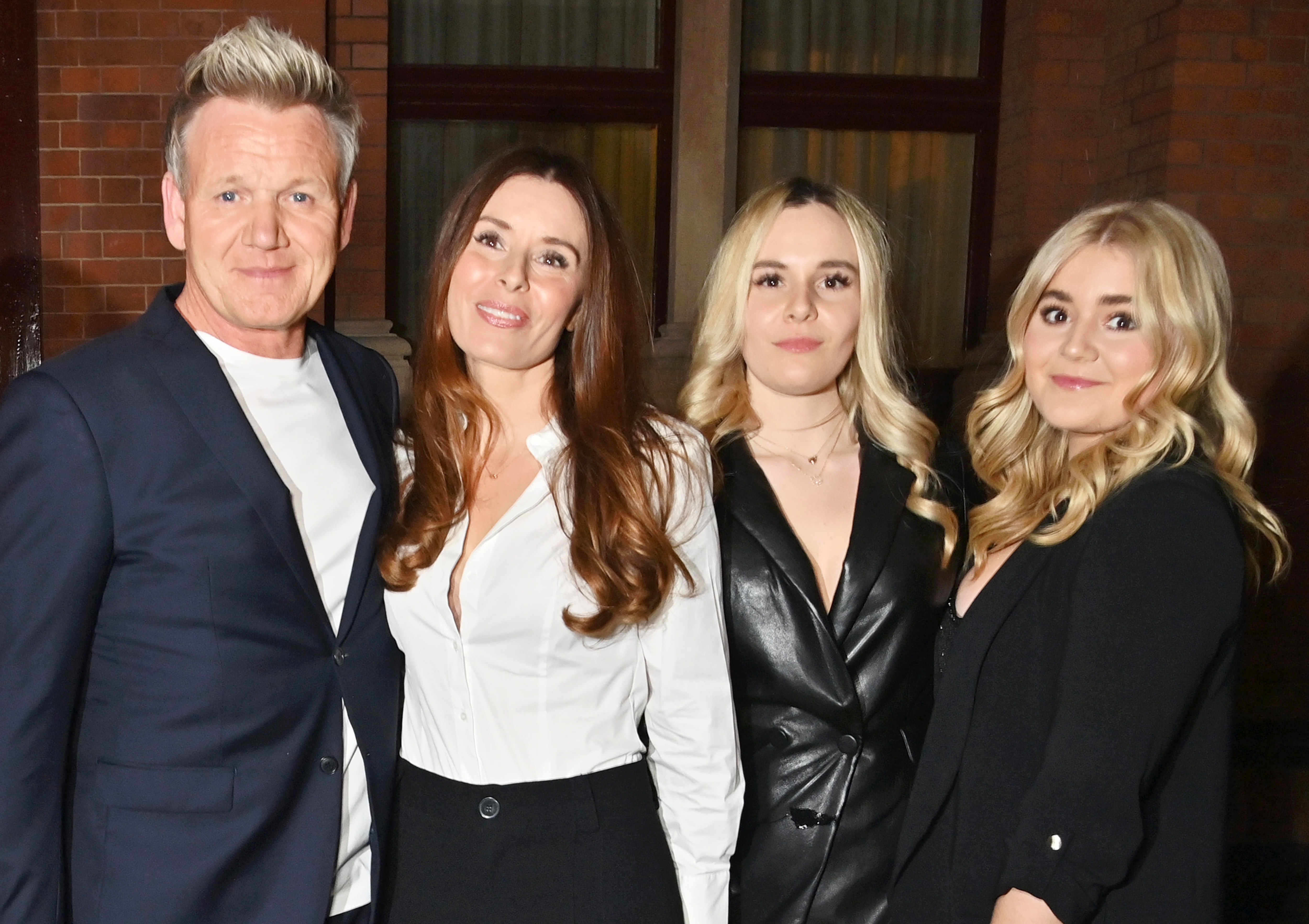
Gordon Ramsay has lifted the lid on the one 'condescending phrase' parents should NEVER use towards their kids, and experts have backed him up.
Whether you get frustrated because your kids won't do as they're told, or use a discipline hack when struggling with a child that won't listen, you might have to bite your tongue when the advice you had given them (that they chose to ignore) turns out to be true. Especially if you were about to tell them "I told you so..."
Whether your parents said it to you as a child or whether you say it now to people who don't listen, there's a pretty good reason why as a parent, you should never say it to your kids.
Speaking on the Mythical Kitchen's Last Meals YouTube series Gordon Ramsay opened up on his parenting style and revealed the reason why you'll never hear him say "I told you so" to his six kids, ranging from his eldest child 25-year-old daughter Megan, to his youngest, son Oscar, aged four and seven-week-old Jesse James Ramsay. Gordon is also dad to fraternal twins Jack and Holly, both 23, and former Strictly Come Dancing contestant Tilly, 21.
He said, "That dreadful word, when they turn around and say ‘I told you so,’” Ramsay answered. “There’s the condescending bullshit that you never want to tell your kids... I always say, ‘the earlier you tell me, the more I can do.’” Gordon is referring to his own father (Gordon Ramsay senior) saying the phrase to him when he was younger.
“I didn't have a close relationship with him. He was always the condescending type, 'I told you so.’ Kids want to hear ‘What have we got, how do we salvage, and what's the comeback?"

We spoke to a child psychologist Dr Melody Smith, who agrees with the chef and believes children who hear the words are missing out on a chance to learn.
She explains to GoodtoKnow, "Children, inherently wired for connection and support, often look to their parents for guidance during times of disappointment, adversity, and difficulty. This process, known as co-regulation, is crucial in helping children manage their emotions and process their experiences.
"While commonly associated with young children experiencing meltdowns, the need for co-regulation spans across all ages, though its form may vary with different developmental stages. For younger children, explicit support may be necessary to navigate their intense emotions.
She continued, "As children grow older, their need for overt support may lessen, but the underlying requirement for guidance and understanding remains. When parents resort to saying "I told you so," they inadvertently miss out on vital opportunities to assist in their child's emotional regulation and learning process. This response not only hinders the co-regulation process but also closes the door on valuable learning moments."
Dr Melody believes there's a more "nurturing approach" that can be used by parents that uses a simple framework known as VERA: Validate, Emotion, Reassure, and Action. This method fosters a compassionate communication style that encourages learning and emotional growth:
- Validate: Acknowledging and validating a child’s experience is critical. It helps them feel seen and understood and provides an opportunity for parents to view the situation through their child's perspective.
- Emotion: Encouraging children to articulate their emotions helps them process their feelings. Naming their experiences fosters emotional intelligence and provides a reference point for similar future situations.
- Reassure: Providing reassurance is key. It communicates to the child that, while you may not solve every problem for them, you will always be there to support them through their challenges.
- Action: The final step involves guiding the child towards an action – whether it’s diverting their attention, creating a plan, or exploring new possibilities. This step empowers the child to manage their situation actively.
By following the VERA framework, parents can communicate in a way that is not only compassionate but also conducive to their child's learning and emotional development. This approach fosters a nurturing environment where children feel supported and guided through their challenges and beats "I told you so," every time!
In other family news, you might want to know What to do when your child shows 'mean' behaviour (spoiler: it’s not their fault) – 5 tips from a psychologist and 'Are you even listening to me?' If it feels like your teenager is tuning you out, they probably are, but research proves it’s not personal, just science.







